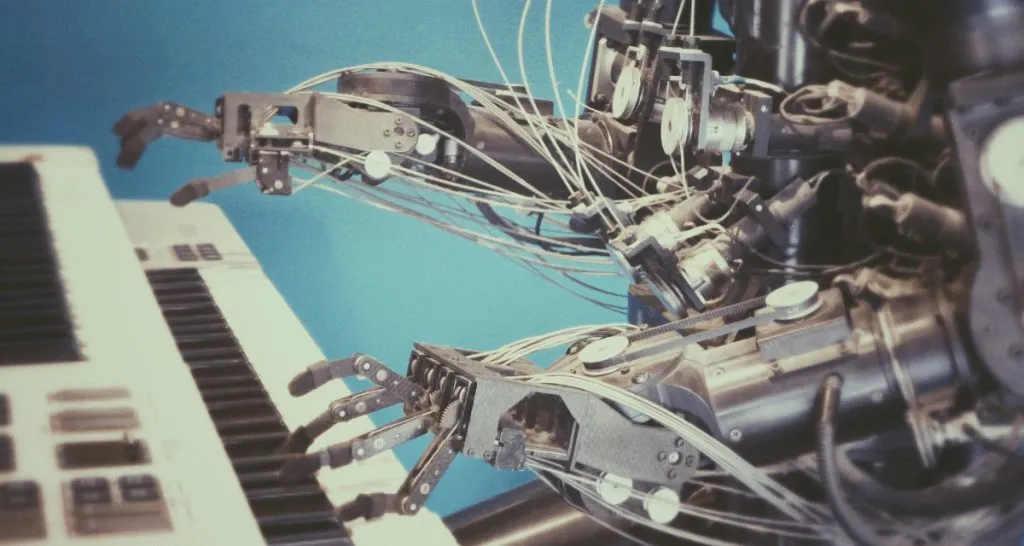Udio is set to begin fingerprinting its outputs under a deal with Audible Magic. Photo Credit: Possessed Photography
With AI tracks pouring onto streaming services in droves, Udio is now set to begin fingerprinting its users’ outputs under an Audible Magic tie-up.
The involved parties reached out with word of the audio-ID system. Revolving around a “content control pipeline,” the approach will see Udio register tracks at the source via Audible Magic so DSPs can then “reliably recognize” the works, according to the companies.
From there, Udio and Audible Magic drove home in their formal announcement, said DSPs (and, before that, distributors) can “apply the appropriate business rules around” the labeled recordings.
Time will tell exactly what the “business rules” entail; Udio intends to begin rolling out the fingerprinting feature during “the coming months.” And in the bigger picture, Udio certainly isn’t the only music-generation player in town.
To be sure, plenty of other AI music platforms are pumping out audio like no tomorrow and appear unlikely to stop doing so anytime soon. But Audible Magic didn’t hesitate to tout Udio’s “proactive rights management solution…as a model for how AI platforms and rights holders can work together” moving forward.
“This partnership demonstrates Udio’s substantial commitment to rights holder transparency and content provenance,” indicated Audible Magic CEO Kuni Takahashi. “Registering files directly from the first-party source is a clean and robust way to identify the use of AI-generated music in the supply chain.”
Regarding the scope of AI music’s streaming-service explosion, Deezer earlier in April said north of 20,000 machine-made tracks were hitting its platform daily.
That’s up from 10,000 daily AI uploads closer to 2025’s beginning, according once again to Deezer, which has for years been striving to identify the relevant works.
Furthermore, evidence has already pointed to both largescale AI royalty scams and more measured approaches to absconding with compensation that would have otherwise reached proper artists (or at least their labels).
In a nutshell, the situation is one component of an increasingly raw streaming deal for non-major-label talent. It’s harder than ever for these artists to stand out in the badly overcrowded streaming arena, and many are being denied would-be royalty payments to boot.
But this adjacent consideration is a different discussion. At least in theory – and assuming on-demand platforms, not solely rightsholders, actually utilize the information – labeling AI-generated uploads accordingly could be a means of counteracting the intensifying audio tidal wave.
However, doing so won’t settle the ongoing debate about generative AI training authorization – a topic front and center in multiple industry lawsuits.
One of those high-stakes suits involves the major labels and Udio, another involves Amazon-partnered Suno (which itself inked an Audible Magic deal in October 2024). The plodding cases are still wading through the discovery waters; in the Suno showdown, the presiding judge today granted a joint request to extend a written-discovery deadline until May 30th.
Content shared from www.digitalmusicnews.com.

